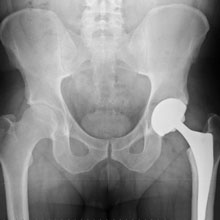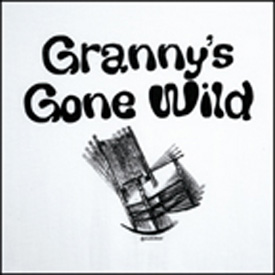Your elder’s memory has not been working at full force for quite a while. But lately, she seems to be forgetting details more and more frequently. And that is not the only thing which is alarming you. She has begun slurring words and sleeping poorly. So, you are wondering, does she have depression? Or, is she suffering from dementia, or a loss of cognitive abilities, that might formerly have gone unrecognized?
Well, obviously there is no clear demarcation between these two mental sates. They can work as co-conspirators as depression causes dementia and dementia causes depression. And they share many of the same symptoms.
However, there are some distinctions that can be made between them, differentiations which can prove essential as regards treatment:
Dementia is marked by a slow mental decline, while the downshift can be much more rapid with depression.
An elder who is suffering from depression will still be oriented as regards time and place, while disorientation remains an ongoing concern with dementia.
An elder who is experiencing depression might have trouble concentrating, but lapses in short-term memory are much more symptomatic of dementia.
When depression grips a person language and motor skills are most typically slow but normal. However, dementia can impair not only writing and speaking but also motor skills.
People who are depressed tend to be more aware of their cognitive lapses than are those who are developing dementia.
Don’t, however, fall into the trap of figure; it is “just depression.” Rather, these lowered feelings are serious challenge hardly to be taken lightly. And it is estimated researchers fully 20 per cent of seniors suffer from symptoms of depression even through only a much smaller percentage – 1 to 2% – suffer from major depression. And the statistics for women are even higher.
|
|
|










